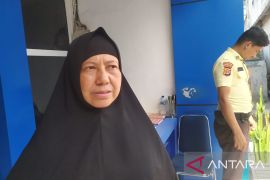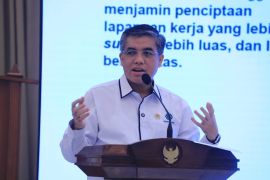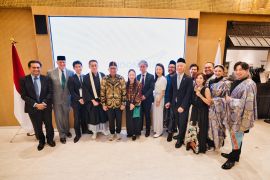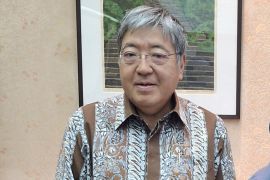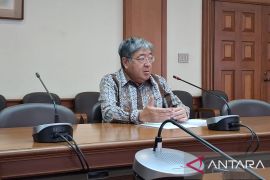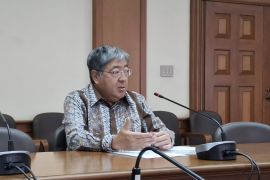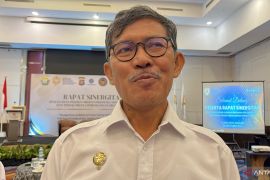"The Japanese government had recognized the pain and the suffering experienced by comfort women during the country's invasion. The government had apologized to the victims," the ambassador said.Jakarta (ANTARA News) - The Ambassador of Japan to Indonesia Masafumi Ishii stated here on Saturday that his government was committed to ease the pains experienced by the Indonesian "comfort women."
"The Japanese government had recognized the pain and the suffering experienced by comfort women during the country's invasion. The government had apologized to the victims," the ambassador said at his official residence in Jakarta.
Ishii further explained that not only Indonesia but the Japanese government also has acknowledged the sorrow of all comfort women from other countries, such as South Korea.
"We hope this issue would be settled completely in the future," the ambassador noted.
During the Japan invasion in Indonesia in 1942-1945, many girls and women in the country were forced to serve as sex slaves.
According to the Solidarity to Indonesian "Ianfu" (Comfort Women) Network (JSII), about 200 to 400 girls aged between 13 and 25 had suffered the sex slavery during the World War II.
"The women were recruited both in the persuasive and coercive manners. Apart from Indonesia, most comfort women also came from some countries, including South Korea, North Korea, China, Philippines, Timor Leste, Malaysia, and Indonesia, and few from Netherland and Japan," the New York-Fukuoka based campaigner stated in its official website.
According to the campaigner, most Indonesian comfort women were from the Java Island.
"The womens names were changed into Japanese; for instance, from Mardiyem to Momoyo; Aminah to Shinju; Suharti to Miki; Kastimah to Miyoko; Kasinem to Yako; Sumirah to Kimiko; Sutarbini to Miniko; Siti NengItjuh to Ruriko; Omoh Salamah to Midori; Lantrah to Toyoko; and thousands other girls," the group noted.
Despite the Japanese government having apologized, most survivors in Indonesia still struggle to overcome the atrocities they experienced during the slavery.
Siti Sukanti (80), for example, stated that at the age of nine, she was raped by the Japanese army during the invasion.
"I was locked with other girls in the separate rooms. I was helpless," Sukanti stated, as quoted by BBC in Jan.
According to the Rome Statute (1998), the sexual enslavement was part of the crimes against humanity. Apart from the pact, the Geneva Conventions also defined the sexual slavery as a war crime.(*)
Editor: Heru Purwanto
Copyright © ANTARA 2017

